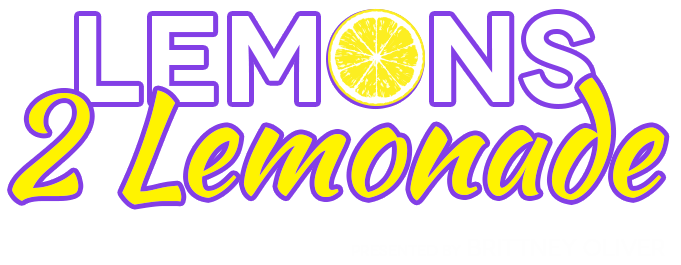“How you gonna win if you ain’t right within?”
It was my senior year of college, and I was excited to start a public affairs internship for my fall semester. The job paid well, and I would learn from some of the Democratic party's communication power players. I learned about the opportunity from a fellow alum who had just started working there as a junior associate. I can recall there being 4 Black people at the firm, and we were all women. One was a manager, then my friend, a young lady who worked reception, and me.
The first week ended with an invitation to the firm's "all hands" to be introduced to everyone. There was a woman in particular that I had an interest in getting to know. She was a boss in my eyes. She worked on Presidential campaigns, on a White House staff and other policy campaigns. I would meet her in this meeting, but my high hopes for our encounter would shatter. Towards the middle of the meeting and after the intern introductions, she pointed to me and called me out for doing something wrong. She literally pointed and said, "Her." My face started to tingle with embarrassment. I was getting hot. The other intern scooted her chair away from me. I just met the lady during this meeting, and she is already accusing me of things. The HR leader over our internship group began to say that it couldn't be me, but the lady insisted I had given her the wrong information. My friend from college spoke up and asked if she was referring to their conversation earlier, and then she looked at both of us and said, "I don't know. You all look alike."
Sigh. It was only my third day.
I was humiliated for being called out and accused. I was mortified for my friend. It was my first taste of racial microaggression. It was also my first warning sign to not get too excited about meeting people with the hype around them. By the end of the day, everyone heard about what had happened. The 3 Black women and my internship manager all approached me to apologize for that experience. I never received an apology from "that lady."
This is one of the very few stories of experiencing racism at work that I have. Most of the microaggressions and trauma that I experienced at work came from people who looked like me.
The data is there about how people of color are impacted by racial trauma in the workplace.
Lean In & McKinsey & Company released its seventh #WomenInTheWorkplace report that shows the workplace is still worse for women of color, despite heightened awareness and focus on racial issues impacting our society.
Women of color continue to face similar types and frequencies of microaggressions as we did in 2019.
Many of you can vividly recount the day, the minute and hour of the racist encounters you have experienced at work. It's these encounters that are a burden on our shoulders.
According to a recent report on The State of Black Women in Corporate America, "49% of Black women feel that their race or ethnicity will make it harder for them to get a raise, promotion, or chance to get ahead."
It doesn't just impact tangible success, but it affects our mental health as we go from job to job, role to role, work culture to work culture with our trauma. Like Badu sings in "Bag Lady," it's time to start packing light.
To take a step towards healing, Minda Harts suggests we start admitting the full extent of the racialized trauma we've experienced at work. She took a look back at her experience, which inspired her to write her second book, Right Within: How to Heal from Racial Trauma in the Workplace. She is the CEO of The Memo LLC, a career development platform for women of color, a Professor of Public Service at NYU, and the author of The Memo. Like so many women of color, she had spent a lifetime trying to convince herself that "he didn't mean it that way" or "it's not so bad."
Minda interviewed more than 200 women of color in diverse fields. The common through-line: Racism had killed the careers they'd initially envisioned for themselves.
These day-to-day experiences take a heavy toll: compared to women of color who don't experience microaggressions, women of color who do are more than twice as likely to feel negative about their job, twice as likely to be burned out, and three times as likely to say they've struggled to concentrate at work due to stress.
Learn more about healing from racial trauma in the workplace and grab your copy of Right Within. Make that first step towards healing.


![HARTS_Right Within_3D[7].png](https://images.squarespace-cdn.com/content/v1/60499fad344d611b02163a34/1633440755594-D3ONW4Q4OG4YKKP6JU77/HARTS_Right+Within_3D%5B7%5D.png)
